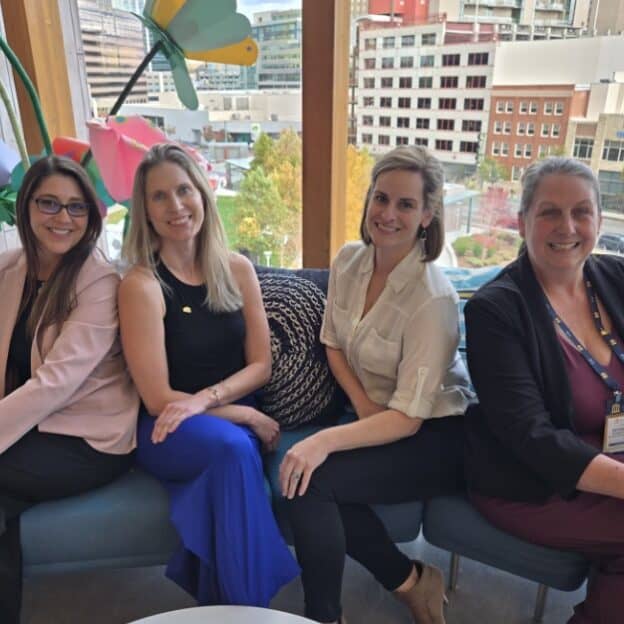The process of completing an assessment, creating a treatment plan to provide a service to a client, then submitting to insurance can feel daunting even when it goes smoothly. However, often there are bumps and turns that create delays or even barriers to getting an authorization to care for the client. One of those processes that can cause delays and barriers is the denial and peer review process. Successful interactions in a peer review or appeal can mean access to care for that client and meaningful impacts on the child and family’s life. We will work with participants to show it is all about relationships, even in a peer review or appeal. The workshop will focus on working with the reviewer and funding source rather than against them to increase access to care and subsequent outcomes for the child. We will discuss research, provide examples and non-examples of successful interactions, and illustrate mis steps both by providers and the funding sources. We will tie this work back to the ethics code such that participants can be confident they are acting within our profession’s guidelines in every interaction and see ethical violations before they occur. We will look at common denial reasons across funding sources and provide resources that help the provider advocate for the needs of the client while remaining compliant with the contracts between their agencies and the funding sources. Participants will be provided with tips that they can use immediately to successfully navigate peer reviews and appeals and create relationships that support future clients.
Learning Objectives:
- Participants will demonstrate how to build relationships during advocacy efforts that ultimately support client outcomes
- Participants will demonstrate understanding of how the ethical code impacts a peer review process, and how to make decisions in advocacy aligned with the profession’s ethical code/standards of care
- Participants will demonstrate understanding of and use of the published literature to engage in various levels of peer review with funding sources
PRESENTERS: “The Public Policy Posse”
The Public Policy Posse unites seasoned professionals with extensive backgrounds in Applied Behavior Analysis (ABA), particularly within educational settings. Collectively, we bring over 50 years of experience to our advocacy for positive change in school-based ABA services, focusing on ethical practices, inclusive environments, and equitable access for all students.
Alexandra Tomei
Alexandra’s work in both child development and public policy extends into K-12 education. As a former school board secretary and COABA Public Policy Committee member, she brings expertise in developing and implementing standards that enhance the educational experience for students with diverse needs.
Emily Ice
Emily, the Executive Director of Step-In Autism Services and chair of the COABA public policy committee, has a deep understanding of the funding challenges schools face. Her role as an expert in behavioral sleep treatment also drives her mission to expand ABA services in schools to improve quality of life for students and families.
Bethany Coop
Bethany, a champion of children with developmental delays, has been instrumental in advocacy since her youth, now dedicating her expertise to rural school systems in Colorado. Her experience teaching, as a parent of a child with disabilities, and work on public policy committees highlights her commitment to equal access and high-quality support for students in need. Together, the Public Policy Posse champions the voices of students, clients, families, providers, and educators, striving to make every school a place where quality ABA services flourish and all students have the opportunity to thrive.
Rebecca Urbano Powell
Rebecca, a COABA President and long-time school-based ABA leader, pioneered ABA programs in California schools, supporting over 120 students and 80 staff. Her advocacy for Medicaid provision in schools and leadership in legislative efforts demonstrates her commitment to making necessary treatment accessible within educational systems.


Responses